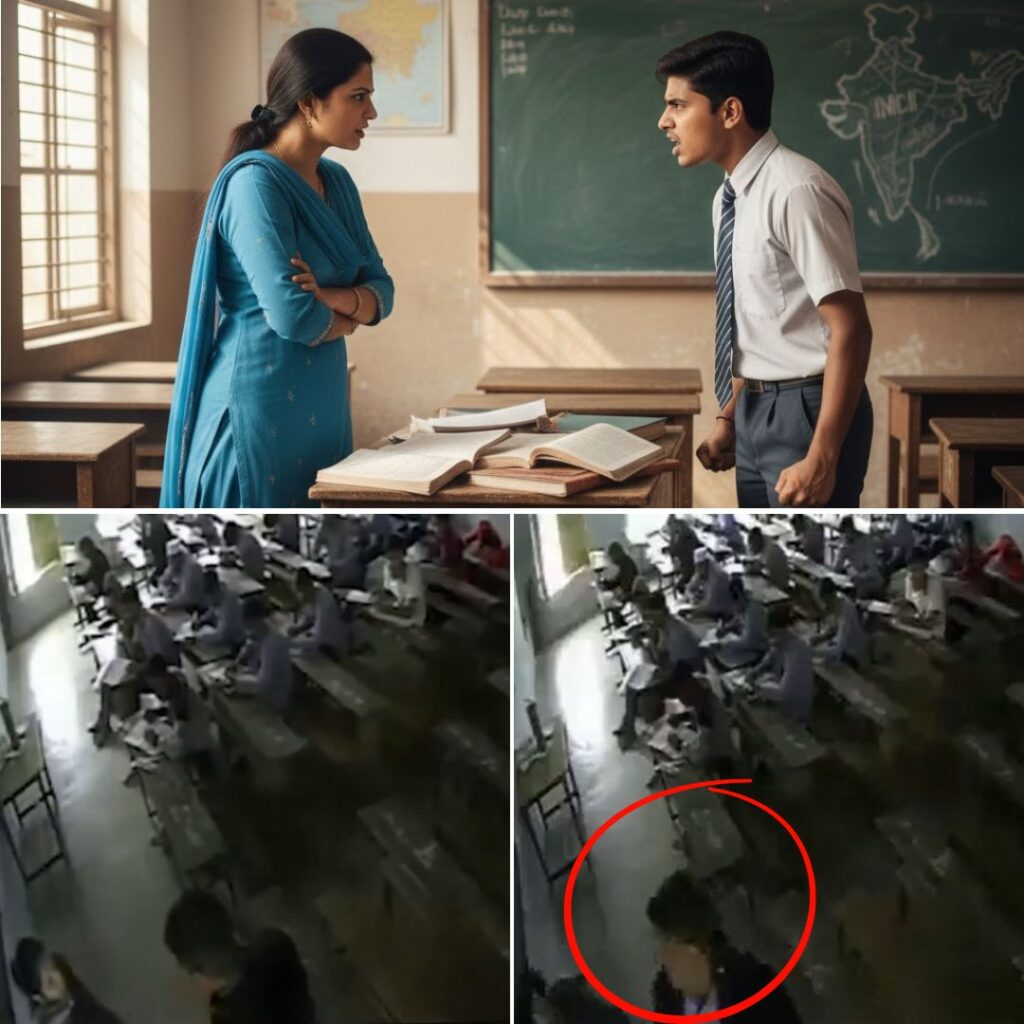“You aren’t alone. The Goddess will look after you. She won’t leave your side. You need nothing else.”
“No one else…”
There was a silence. In memories that recurred, in words that quivered. Shobha gazed at the patches of brown that had lost their colour. They were whittled down over time. On the floor, she sat with Radha in her arms.
The door was left ajar. Her eyes traced the afternoon light. Its uncertain rays flit past the walls. Where the shelves held clothes, utensils, and toys; the hall shared its space with the kitchen. Everything found a place here. Beneath ledges, against corners where the walls crumbled, and in rooms that had no windows. And, they all lived together: them and their belongings.
In shared spaces…
Rocking back and forth, Shobha hummed lightly. We didn’t speak for a while. It wasn’t discerning: these moments. Nor was it compelling. But it was there.
Some silences can’t be broken.
“No one wants to marry a Devadasi,” she said staring blankly at the floor. “The practice may have stopped. But it won’t leave us. Not for a very long time. The superstition still persists. If you marry a Devadasi, you will be cursed for the rest of your life. Your village will suffer. Your crops will rot.”
Death. That’s what they fear the most. Educated men who live in the cities refuse to marry girls from Hire Shindogi, she said. For, they’d be cursed. But the younger girls still have a chance. “They can fall in love and find their partners. We don’t allow children to get married. Early pregnancies can be extremely fatal. There have been cases of girls getting pregnant as soon as they hit puberty. Many don’t survive.”
The older Devadasis will never find anyone. They’ll be alone for the rest of their lives. Some have children. But their partners don’t want them. “Other men don’t wish to marry ‘such’ women. Who would marry a 25-year-old Devadasi with children? Even if they agree, the villagers discourage them from pursuing an alliance. It will bring drought; they tell the family. ‘You will get married and go away. But what about our problems. What about the misfortunes it will bring us? Aren’t you worried about the village?”
“Sometimes, they say things,” she paused reluctantly. “Not everyone. Just a few from the upper caste.” “What do they say?” “They pass lewd remarks.” “They are Lingayat. So, they believe they are entitled to speak to us that way,” she said straightening her arms.
Outside, children gathered at the porch. Curiously, they inched closer to the door, one by one.
“Will you sleep with me? I have money. I will reward you well,” said Shobha craning her neck to see past the children. “That’s what they’d tell us…”
“Men will pay you Rs 500,” she said wiggling her toes, “For your time. In return, you will lead a life of agony and despair. Many get diseases. Some even life threatening. That’s the worst part of being a Devadasi.”
The door creaked open. Shobha sat upright and gestured two women to join us. Meenakshi sat beside her. They were friends. We could tell. She walked with a limp. An old woman took long strides into the hall. She sat on the ground beside the door. Her face was hard, almost impossible to read. She looked at us for a while, saying nothing. Sometimes, her features contorted into a frown every time the women spoke.
She agreed with them. May be. Perhaps, that was the only reason.
A screeching noise from outside startled her. She looked back frightened at children prancing around with sticks and stones. They were walking too fast. Some poked their heads inside. Her veil fell to her shoulder. Shooing them away, she ran her palms over her saree. Its coarse threads struck her fingers.
“Her name is Uligamma,” said Shobha pulling her aside with a warm smile. “She has four children. She did everything she could to survive. To keep her children alive. She didn’t have any land of her own. Her struggles can’t be measured.” “Where’s the father?” “There are different fathers. They don’t belong to her caste.” “Our caste,” explained Meenakshi.
She doesn’t remember how long ago the practice began. Nobody remembers. It existed before she was born. Uligamma had six brothers and sisters. Three of them died young. She and her sister were dedicated when they were little. They carried forth the tradition with their daughters too. “I didn’t have a choice. None of us did. I used to work as a coolie to feed my children. I am not sure why it thrived here. The Devadasi tradition. Some say it was decided by our ancestors. Some say it’s God’s will. Who am I to question any of this?” she explained cupping her chin with her hands.
“Some days, I did,” she whispered looking around, gauging our reaction.
“If I were ill, my husband would have rushed me to the hospital. But I don’t have a husband now, do I? I had no one. If we weren’t Devadasis, our family would take care of us. Whenever I worked with other coolies, I’d see them eating with their husbands,” she said with regret. There…












